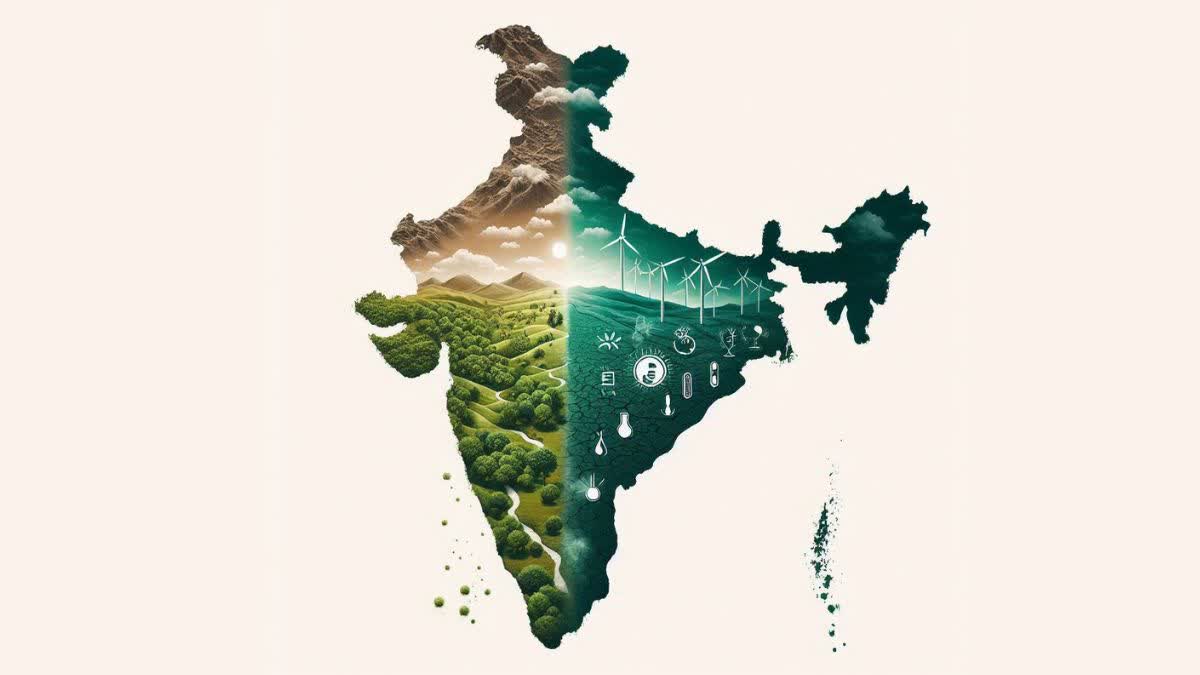Hyderabad: As global financial commitments to support climate action in developing countries continue to decline, the Indian Economic Survey 2024-25 calls for the need to increase focus on building climate resilience to safeguard its rapid economic growth.
The survey claims that the funding shortfall may lead to a reworking of the climate targets.
"Given India's vulnerability to climate change, a strong adaptation strategy is essential," the document tabled in Parliament said, adding that the increase in adaptation expenditures from 3.7 per cent to 5.6 per cent of GDP between FY16 and FY22 indicates the prominent role of adaptation and building resilience in the development strategy
The survey shows "little optimism" about the possibility of financial support to developing countries based on the outcome of the New Collective Quantified Goal at CoP29 (29th session of the annual climate conference under the UNFCCC) held in Baku in November 2024.
"With the developed countries also falling short of their Nationally Determined Contributions (NDCs) by about 38 per cent, their actions do not reflect the historical responsibility or the leadership in meeting their obligations," the survey said.
"The lack of commitment and insufficient delivery of the means of implementation, as mandated in the Paris Agreement, will make the low-carbon transition in developing countries more challenging," it added.
"While greenhouse gas (GHG) emissions are a global bad and the benefits of mitigation are diffused, vulnerable developing countries such as India have to bear a disproportionate burden of climate change and have no choice but to face the climate change consequence of historical emissions," the survey said.
"The emissions remain with us. They impose huge costs on already resource-constrained countries. Hence, vulnerable developing countries such as India need to undertake climate adaptation on an urgent footing as this has a direct impact on lives, livelihoods and the economy," it added.
India is the seventh most vulnerable country to climate change and the report assumes significance as the country prepares for the upcoming COP30 in 2025, where parties to the Paris Agreement will submit their next version of Nationally Determined Contributions (NDCs).
Despite being one of the world's lowest per-capita greenhouse gas emitters, India faces significant challenges in its renewable energy expansion, particularly in energy storage technologies and sourcing critical minerals. The country has committed to achieving net-zero emissions by 2070 while aiming to become a developed nation by 2047.
The report highlighted the necessity of region-specific adaptation strategies, taking into account India's diverse geography and agro-climatic conditions. It also accentuated the importance of investing in battery storage research, climate-resilient agriculture, and carbon capture technology.



